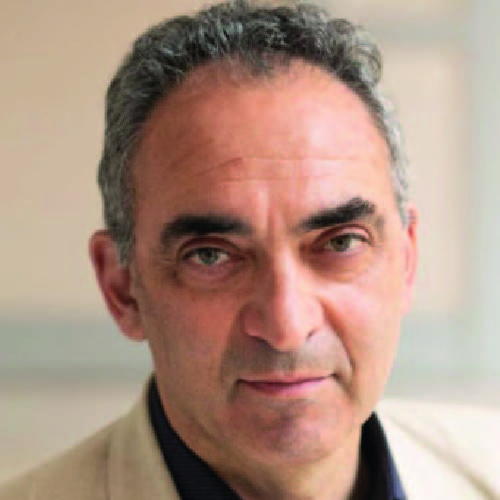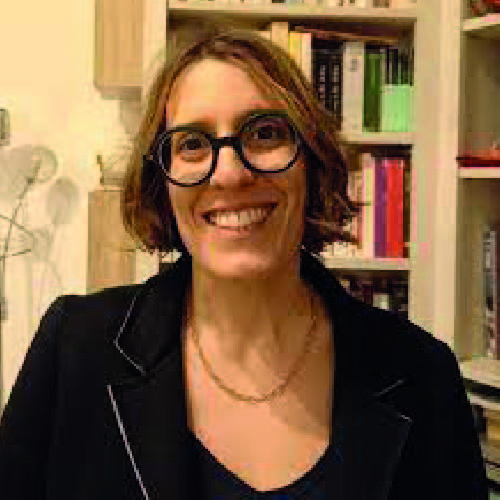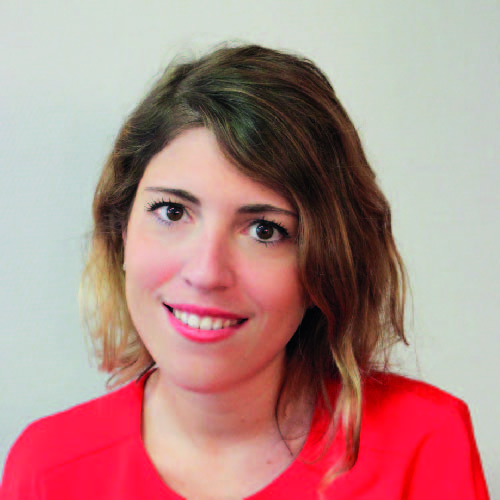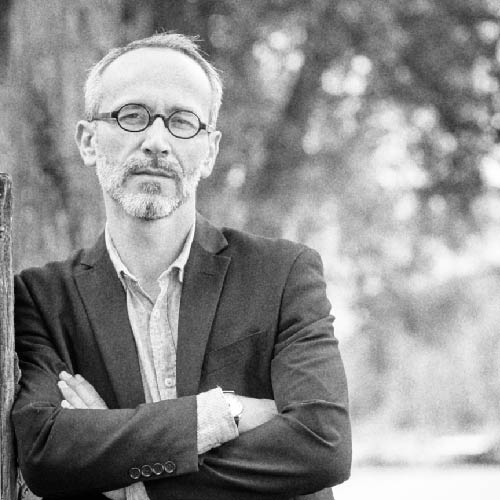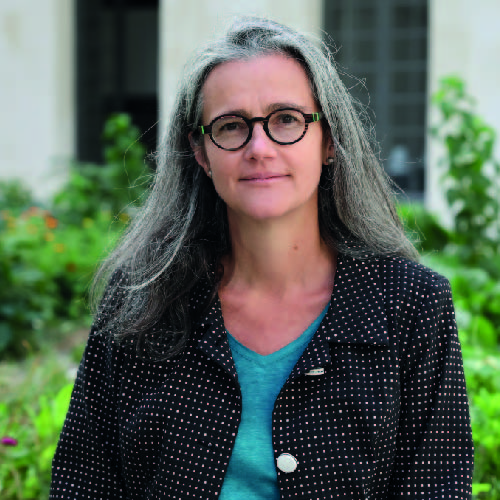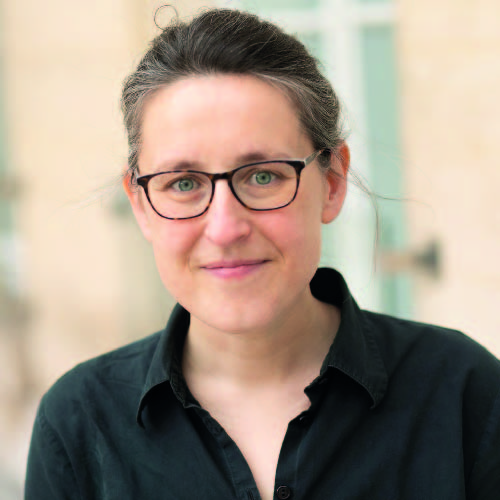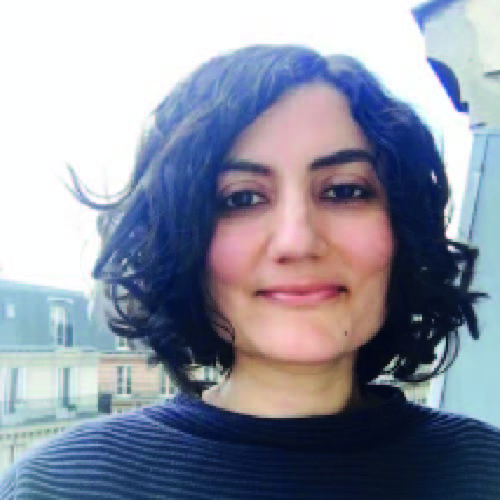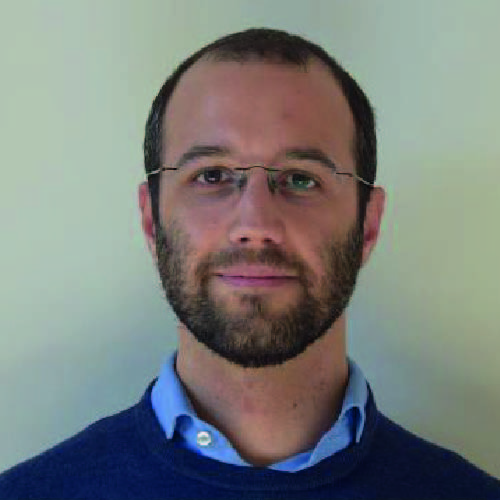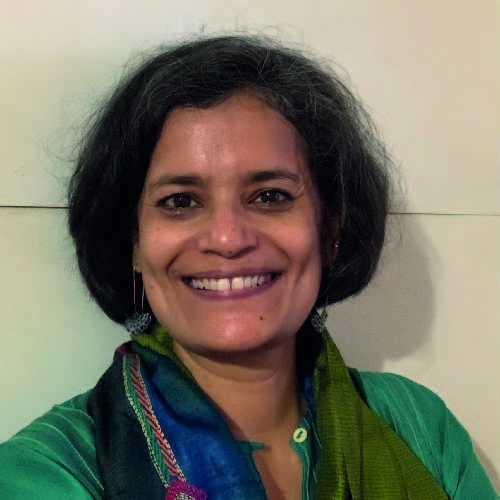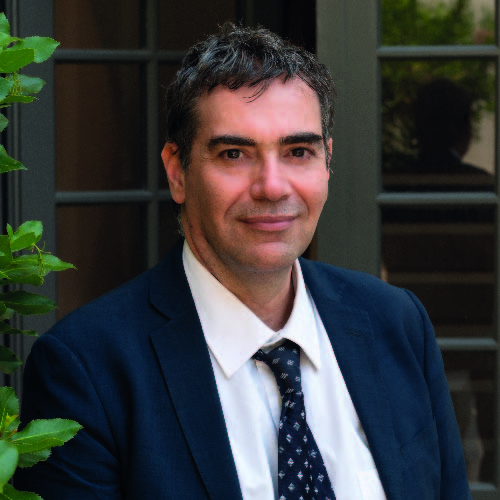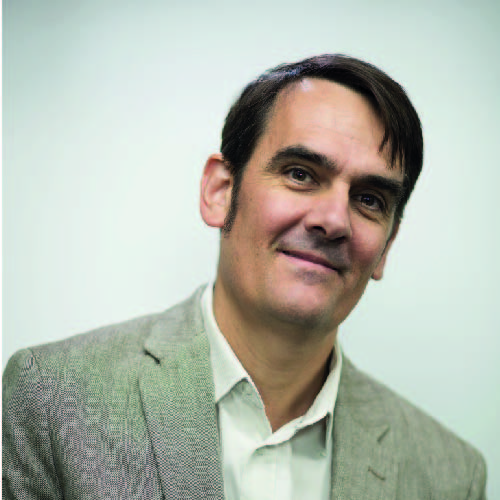AESOP 2024 ANNUAL CONGRESS | TRACKS
36th AESOP Annual Congress 2024 Paris, France
“GAME CHANGER? Planning for just and sustainable urban regions”
TRACK 08: PUBLIC SPACE
Planning for cultural diversity, peace and the experience of places
Chairs:
- Dimitra Kanellopoulou, Ecole Nationale Supérieure d'Architecture Paris-Malaquais
- Christine Mady, Aalto University
- Margherita Gori Nocentini, Politecnico di Milano
Public spaces were always at the forefront of urban life, playing significant roles and functions in shaping urban settings. Although the progressive complexity of a clear definition of what public space is, the track draws on the hypothesis that this polysemous concept is exemplary in expressing political and social realities but also thrives debates around physical, tangible space as a pillar space of urban experience. Our first encounter with cities and urban experiences occurs in their public spaces. These spaces represent current lifestyle trends but also echo memories. Public spaces are often "game changers" that herald alternative urban realities. One example includes transformations following the COVID-19 pandemic. Public spaces accommodate a panoply of activities, from mundane acts of conviviality to demonstrations or endeavours that try to belong and partake in democracy and different expressions and claims for spatial and social justice. Public space as a “game changer” is ironically the time-space of conflict and its dissolution. These spaces reflect the discourses and practices of tolerance towards differences and display or disguise the tensions immanent in encounters and exchanges across diverse urban cultures.
Several authors in urban studies have underlined public space as a central element of the built environment for the community and public life. Since the 1990s, the concept has attracted researchers from diverse disciplines, leading to the emergence of transdisciplinary debates on public space. Several scholars have had critical insights on the social impacts and risks associated with the profound transformation of urban public space, especially with recent environmental constraints and challenges on life quality faced with increasing densities in global metropolises. The complexity of the open public space’s landscape underlines the elusive character of the subject while continuing to stimulate new streams of methodological investigations and theories.
This track aims to engage in a debate confronting contemporary realities of mass immigration, global conflicts, recurrent financial crises, and environmental urgency. We are particularly interested in discussions highlighting the potential of public space as an act of negotiation of territorial thresholds at different scales. Within a more homogenised world (through the globalisation of trends, norms, and costumes), we seek to revisit the discussion on public space planning and the significant challenges of addressing questions of appropriation (from minorities or marginalised populations), dominance (of gender, political groups), and belonging (ethnic, geographical, cultural, religious groups). The entry of cultural diversity could be a legitimate one to unveil dynamics of creation, practice and representation of public spaces outside the geographical dominance of the Western world but also by tending to bridge regions with significant differences in terms of political and social organisation (for example countries of the Mediterranean Bassin). The continuing debate and understanding of public space as a construction of tremendous volatility could offer the necessary decentring of planning to questions of tolerance, differentiation, civic power, and justice. This 'step aside’ will allow Occidental and European planning to learn by examples of Global South & East regions and establish dialogue on new toolkits of analysis and understanding of public space through citizens’ aspirations, engagements and beliefs.
This track invites abstracts that explore the construction of peace or "game-changing" at different scales and through diverse disciplines to reflect the position of urban studies within this process and build on observations, experimentation, and narration of the transformative power of peace within public spaces. We particularly encourage papers that examine how bottom-up initiatives, out-of-the-box policies, and internationally constructed movements find anchorage in public space transformations and shaping within their political position, cultural identity, and the demand for peace.
Keywords: care, culture, digitalisation, diversity, identity, inclusion, memory, political urban space, spatial justice, temporality, transformation
LOC
The Local Organising Committee
